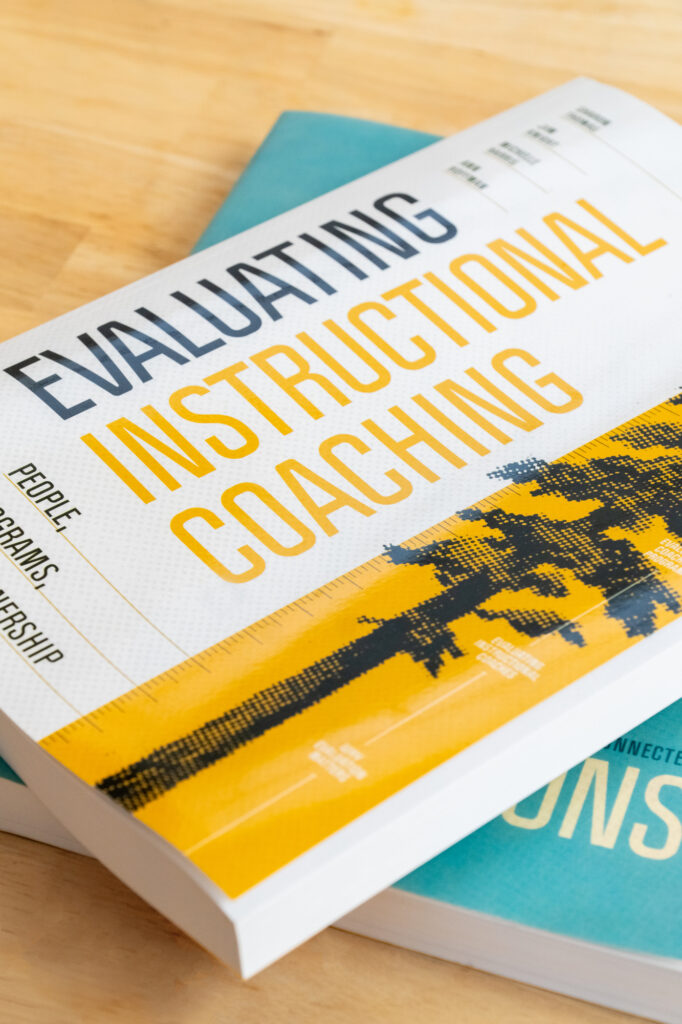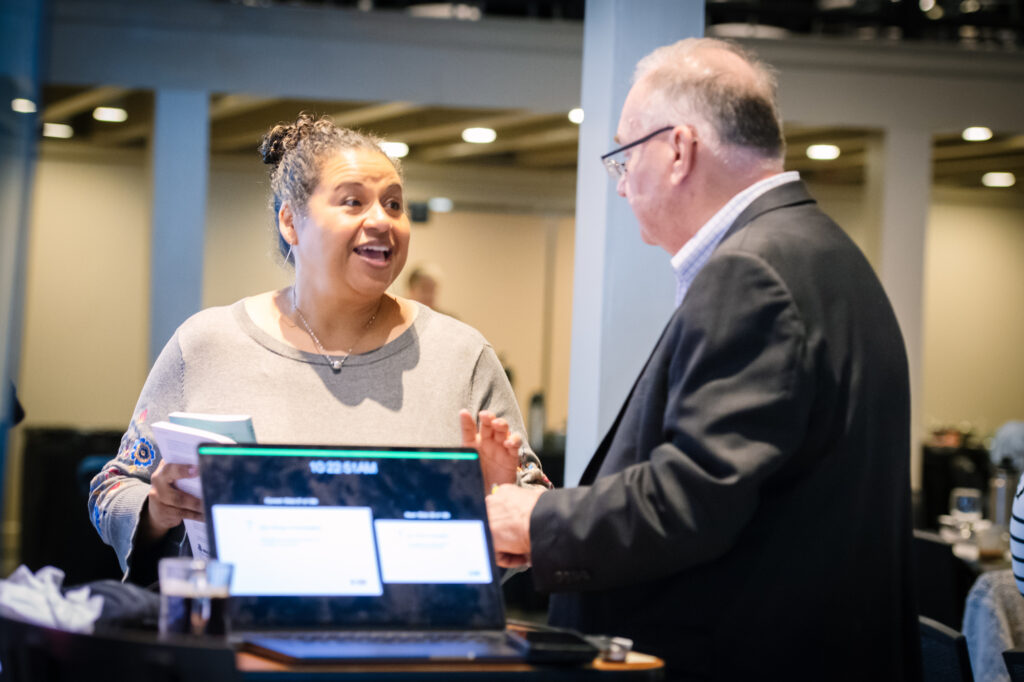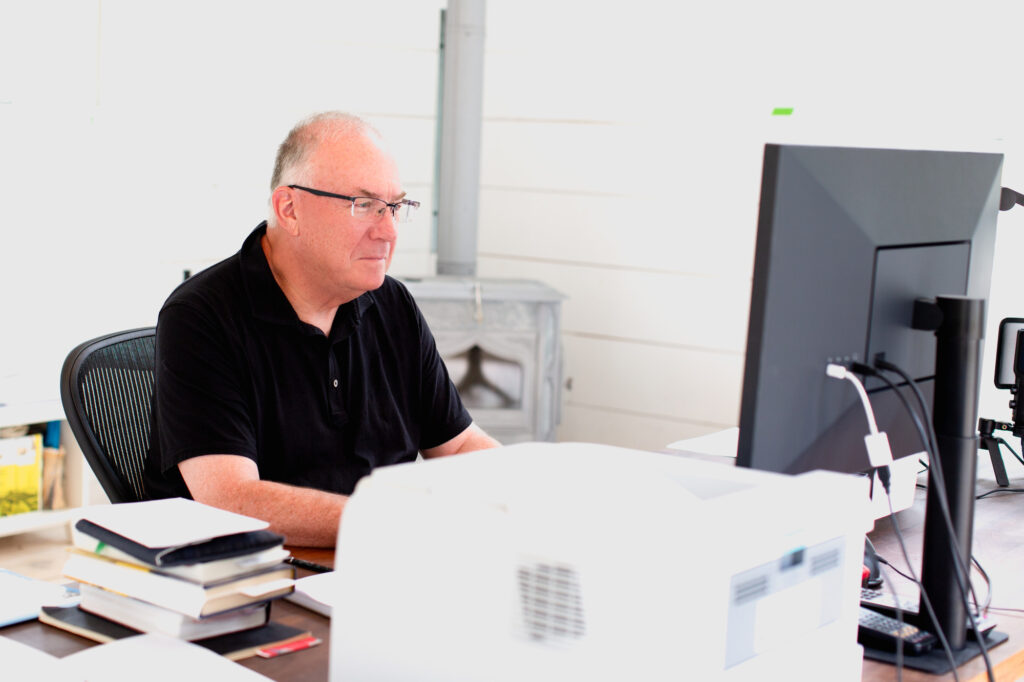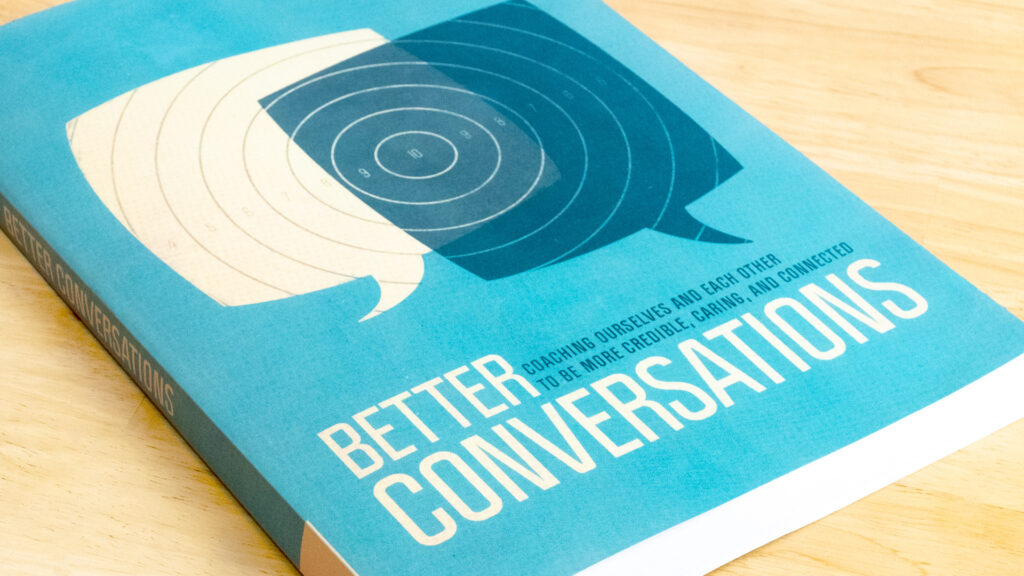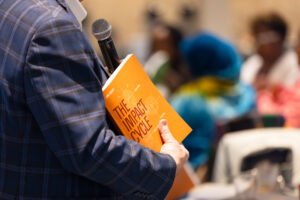To teach is to feel guilty.
Not that the job isn’t astonishingly important. In fact, it’s the very importance of the job that easily brings guilt.
How do we calculate what it means to teach a child to read? How do we measure the power of inspiring a love of learning? And not that it isn’t incredibly rewarding. When things go great, there are fewer things more joyous than teaching.
After a great day in the classroom, we sometimes leave the school as high as kites. We know we are doing what we are here for, and we know we are doing it well. We feel, to paraphrase Bernard Shaw, totally used up by incredibly important work. But the trouble is that if you are a radical learner, when you look at your students, your goal is to reach every one of them, every day. Nothing less will do! Your goal is to make sure that every student learns. While that is an almost impossible goal, it’s the only goal worth having. And that brings us to the paradox faced by radical learners.
On the one hand, we want to reach every student, often an impossible goal, and we feel guilty when someone falls between the cracks. Blaming ourselves will burn us out since the guilt we feel can be overwhelming. And blaming the student, parents, or the system to avoid the guilt doesn’t help either, in the long run.
Although externalizing blame relieves the guilt, it stops us from learning since we no longer explore what we could have done differently. Blaming ourselves will burn us out since the guilt we feel can be overwhelming. So what do we do?
Roger Martin, in The Opposable Mind, wrote that a defining characteristic of great leaders is “integrative thinking,” which he defines as, “the predisposition and capacity to hold two opposing ideas in [our heads] and then produce a synthesis that is superior to either opposing idea.” This is an old idea stretching back to Heraclitus, and Coleridge, and, more recently, Faulkner. But I think the idea applies here.
Radical learners always ask, “What could I have done to keep this student with me, inspired, learning, and growing?” But radical learners don’t destroy themselves over the disappointments if they fail to meet their goals. We are imperfect.
To do our best work, we need to recognize our imperfections, recognize we will likely never reach every student, and recognize that we can’t stop holding fast to the goal of trying to do just that.







